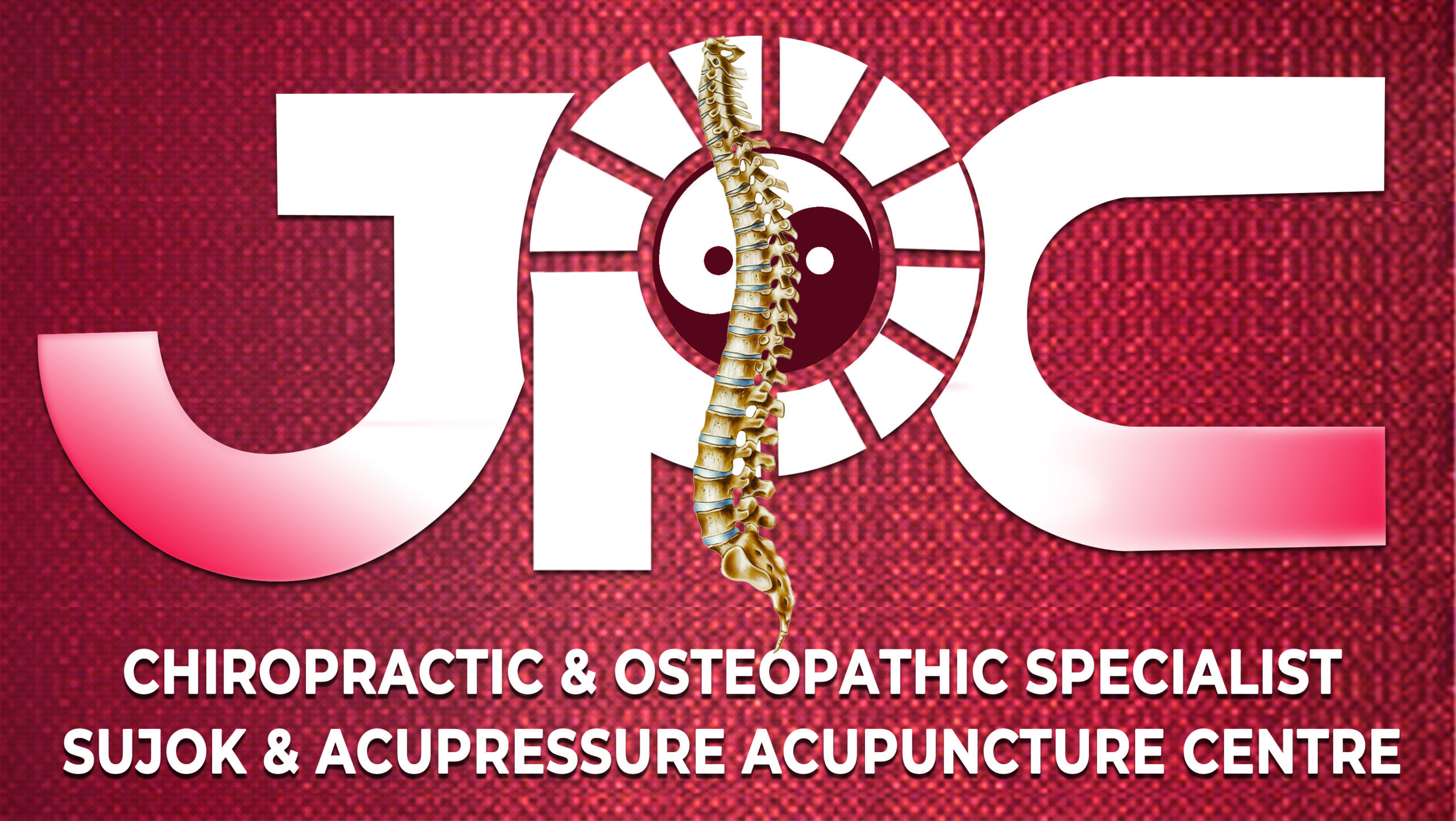Heart blockage, also known as coronary artery disease or atherosclerosis, is a common and serious medical condition that affects the heart and its blood vessels. It occurs when the arteries that supply blood to the heart muscle become narrowed or blocked, restricting the flow of oxygen and nutrients to the heart. This can lead to various complications, including heart attacks and other cardiovascular problems. In this article, we will explore the causes, symptoms, diagnosis, and treatment options for heart blockage.
Causes: Heart blockage is primarily caused by the buildup of fatty deposits, cholesterol, and other substances on the inner walls of the coronary arteries. This process, known as atherosclerosis, gradually narrows the arteries and restricts blood flow. Several factors can contribute to the development of heart blockage, including smoking, high blood pressure, high cholesterol levels, diabetes, obesity, a sedentary lifestyle, and a family history of heart disease.
Symptoms: In the early stages, heart blockage may not produce any noticeable symptoms. However, as the condition progresses, individuals may experience symptoms such as chest pain or angina, which can be triggered by physical exertion or emotional stress. Other symptoms may include shortness of breath, fatigue, dizziness, palpitations, and in severe cases, heart attack or sudden cardiac arrest.
Diagnosis: If heart blockage is suspected, a healthcare provider will conduct a thorough evaluation, which may include a review of medical history, physical examination, blood tests, and imaging tests such as an electrocardiogram (ECG), stress test, echocardiogram, or coronary angiography. These tests help assess the extent of blockage and determine the most appropriate treatment approach.
Treatment: The treatment of heart blockage aims to relieve symptoms, improve blood flow to the heart, and prevent further complications. The approach may vary depending on the severity of the condition. Lifestyle modifications play a crucial role and may involve adopting a heart-healthy diet, engaging in regular exercise, quitting smoking, managing stress, and maintaining a healthy weight. Medications such as aspirin, statins, beta-blockers, and nitroglycerin may be prescribed to manage symptoms, reduce blood pressure, lower cholesterol levels, and prevent blood clots.
In more advanced cases, invasive procedures or surgeries may be required. Angioplasty and stenting involve the insertion of a catheter into the blocked artery to open it up and place a stent to keep it open. Coronary artery bypass grafting (CABG) is a surgical procedure in which blood vessels from other parts of the body are used to bypass the blocked coronary arteries, restoring blood flow to the heart muscle.
Prevention: Preventing heart blockage involves adopting a heart-healthy lifestyle and managing risk factors. This includes regular exercise, maintaining a balanced diet low in saturated and trans fats, quitting smoking, managing stress, controlling blood pressure and cholesterol levels, and maintaining a healthy weight. Regular check-ups with a healthcare provider are important for early detection and management of any underlying conditions.
In conclusion, heart blockage is a serious medical condition that can lead to severe complications if left untreated. Understanding the causes, symptoms, diagnosis, and treatment options is crucial for early intervention and prevention. By making lifestyle modifications and managing risk factors, individuals can significantly reduce their chances of developing heart blockage and improve their overall heart health. If you suspect any symptoms or have concerns, it is important to consult a healthcare professional for proper evaluation and guidance.




